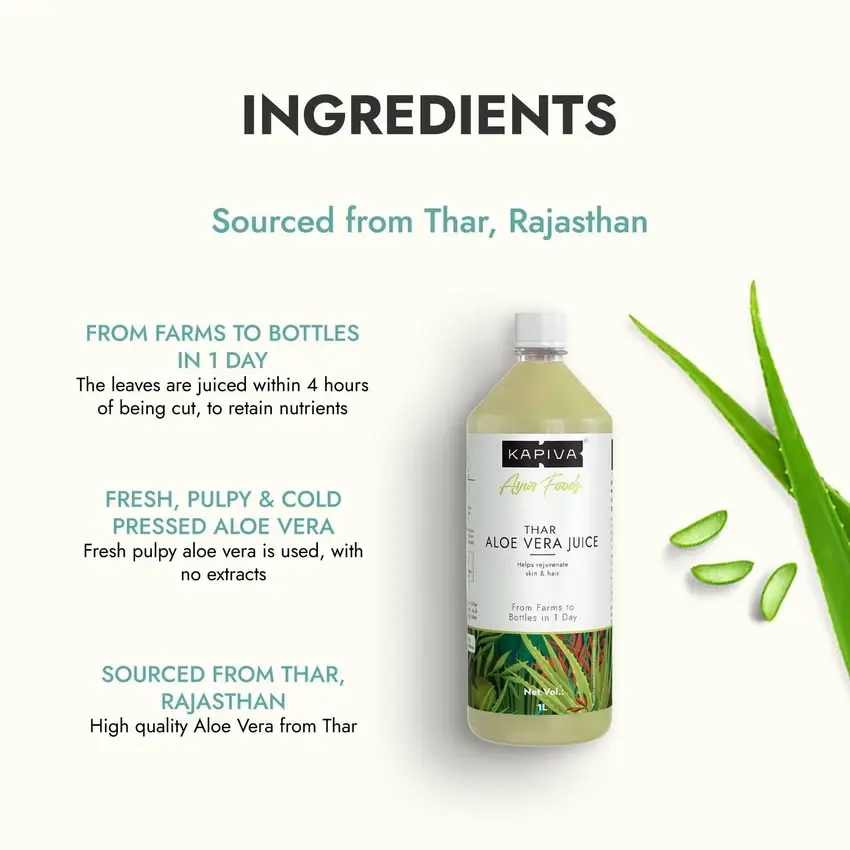Ayurveda is India’s ancient system of natural healing, founded on the principle that health arises from a balance of three fundamental energies—Vata, Pitta, and Kapha. By assessing your dosha constitution, an Ayurvedic approach uses personalized herbal formulations, diet, and lifestyle to maintain harmony and prevent disease.
-
Vata Imbalance: Anxiety, dry skin, constipation, joint pain, insomnia
-
Pitta Imbalance: Acid reflux, rashes or eczema, irritability, excessive sweating
-
Kapha Imbalance: Lethargy, weight gain, congestion, sluggish digestion, water retention
-
-
Unseasonal Diet: Eating heavy, oily, or cold foods out of season
-
Erratic Routine: Irregular sleep, meal times, and exercise
-
Stress & Overwork: Mental tension that aggravates Vata and Pitta
-
Environmental Factors: Extreme heat or cold, humidity spikes
-
Underlying Health Issues: Chronic inflammation or digestive disorders
-
-
Processed & Spicy Foods: Aggravate Pitta and Kapha
-
Skipping Meals: Heightens Vata-related digestive disturbances
-
Sedentary Lifestyle: Increases Kapha stagnation (weight, mucus)
-
Excessive Caffeine or Alcohol: Disrupts all three doshas, especially Pitta
-
Emotional Upsets: Anxiety, anger, or grief can throw doshas out of balance
-
-
Pulse Diagnosis (Nadi Pariksha): Practitioners feel subtle qualities of each dosha in your pulse
-
Tongue & Nail Examination: Color, coating, and texture reveal digestive health and toxins
-
Questionnaire & Interview: Detailed lifestyle and symptom review to pinpoint dominant dosha
-
Physical Inspection: Observation of body frame, skin, eyes, and posture
-
Digestion Assessment: Appetite, bowel habits, and metabolic fire (“Agni”) evaluation
-
-
Herbal Formulations:
-
Ashwagandha (Withania somnifera): Strengthens Vata, relieves stress
-
Triphala: Gentle tri-fruit blend for Kapha detox and healthy elimination
-
Brahmi (Bacopa monnieri): Calms Pitta, enhances memory and cognition
-
Turmeric (Curcuma longa): Natural anti-inflammatory for all doshas
-
-
Medicated Oils & Ghee:
-
Ksheerabala Oil: Nourishes nerve tissues, balances Vata
-
Mahasudarshan Ghan Vati: Pitta-pacifying fever reducer
-
-
Dietary & Lifestyle Protocols:
-
Dinacharya (Daily Routine): Customized wake, meals, exercise, and sleep schedule
-
Seasonal Cleansing (Pancha Karma): Deep detox therapies—virechana, basti, nasya
-
-
Supportive Practices:
-
Yoga & Pranayama: Asanas and breathing exercises tailored per dosha
-
Meditation & Shirodhara: Stress reduction and nervous system balancing
-
-
Q1: How do I know my dosha?
A: A qualified Ayurvedic practitioner assesses your pulse, tongue, habits, and physical traits to identify your dominant dosha and any imbalances.
Q2: Can I combine Ayurvedic and allopathic medicines?
A: Yes—many patients do. Always inform both your Ayurvedic and allopathic providers to avoid interactions.
Q3: How long before I see benefits?
A: Mild imbalances may improve in 2–4 weeks; deeper detox and chronic issues often require 3–6 months of consistent care.
Q4: Is Ayurveda safe for children and elderly?
A: Generally yes—dosages are customized for age, weight, and digestive strength. Consult a practitioner for precise guidance.
Q5: Do I need special diets?
A: Ayurveda emphasizes seasonal, fresh, and sattvic (pure) foods. Your practitioner will suggest foods to pacify your specific dosha.













